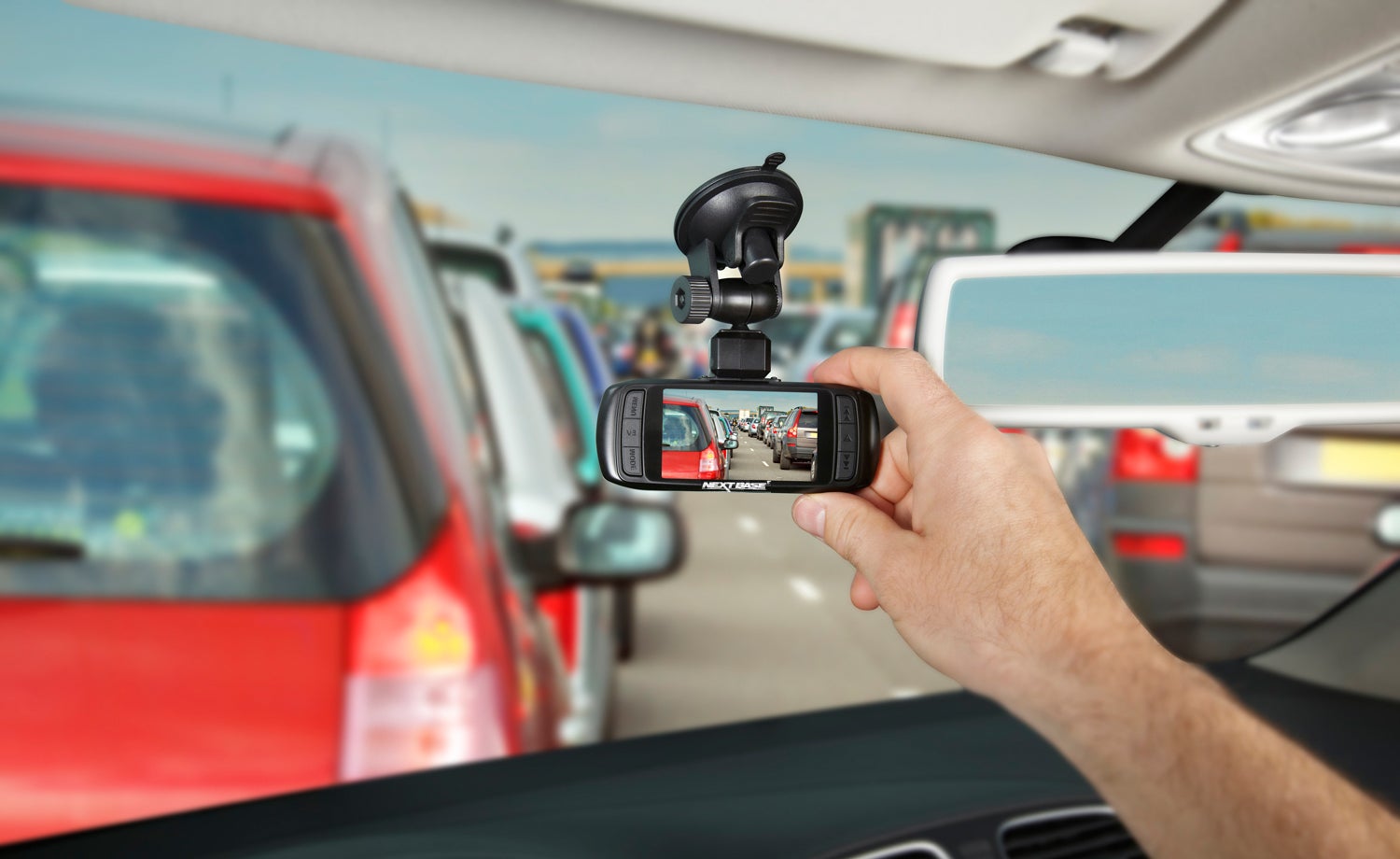Dashboard camera videos: From Taiwan to Russia, who uses dashcams and why
Why does every driver seem to have a dashcam?

News of yet another devastating plane crash was brought to us in the most terrifying way: with actual footage.
Whereas other recent aircraft accidents were never seen falling from the clouds – MH370, MH17 or AirAsia QZ8501 - TransAsia flight GE235 can be seen plummeting sideways, missing a block of flats, clipping a taxi and disappearing out of view. After watching the scene over and over again, it is hard to imagine how anyone could have survived. Miraculously, many did.
Yet why did we see the crash at all? There was no warning; there was no bad weather; there was no smoke in the sky to alert any reporters. The crash happened over a nondescript motorway and the plane fell into an equally nondescript river. There were no tourists snapping away on holiday.
We saw the crash happen because of an abundance of dashcams; cameras mounted onto the dashboard of vehicles. Furthermore, there is not just a plethora of such cameras on roads like this in Taiwan; dashcams are global.
They have even started to come to the UK, where growth is huge. Data from market research group GFK shows dashcam sales increased by 918 per cent in the last 12 months. Admittedly the base before was most not huge but still, people are beginning to see the benefits behind this technology.
Yet what are the benefits? For Bryn Brooker, marketing manager at Nextbase, the largest manufacturer of dashcams in the UK (roughly 56 per cent of the market share), one reason is the desire to "go viral".
Brooker said the last few months have been "insane" for sales and that is attributable partly to dashcam videos from Russia.
In early 2013 and then in late 2014, videos emerged from dashcams showing remarkable events: one showed the city of Chelyabinsk being hit by a meteorite, with the more recent footage showing something similar. The latter footage showed a driver cruising down a dark road when the sky slowly starts to illuminate, becoming piercingly bright over about 10 seconds before fading back to dark.
"Dashcams came onto people's radar with the meteorite that hit Russia," Brooker said, "and so we at Nextbase brought in a range via Halfords and Amazon which made them more affordable and - technology-wise - better than previous models."
Yet why does Russia have a penchant for a dashcam? Well, according to the World Health Organisation, the country has a dangerous driving conditions that sees an estimated road traffic death rate per 100,000 people of 18.6. In comparison, the USA's death rate is 11.4 and the UK is 3.7.
Brooker said that in Russia "there is a significantly poorer standard of driving, often unreliable police and high levels of fraud - in the form of staged crashes. Drivers in Russia in particular were quick to take advantage of dashcams so that they could prove who was at fault in the event of accidents, which happen all too frequently, and to combat fraud."
So evidently, Russians were aware of the dangers of their roads and wanted to make sure they had a neutral bystander (a dashcam) watching over them. That's also why their growth is large in the UK and across the world - the need to combat fraudsters.
For Simon Williams, a spokesman at RAC Insurance, the idea that people are motivated to buy dashcams to gain "viral hits" like the Russian meteorite is ridiculous.
"The rise of dashcams is purely down to potential dangers while driving," he said. "It's always going to be insurance - no one is motivated by what else they can catch on their camera."
One of those dangers is the growing "crash for cash" criminal gangs, who deliberately stage traffic accidents to make money from whiplash compensation. According to Aviva, levels of organised fraud were 21 per cent higher already by November 2013 than in the whole of 2013. The insurer said that over 50 per cent of fraudulent motor injury claims were made by gangs.
Usually the gangs will brake abruptly in front of another innocent driver, forcing the person behind to bump into them and allowing them to make a false compensation claim.
Mark Godfrey, director of RAC Insurance, said: “Dashcams give drivers an added level of protection to guard against unexpected malicious events taking place on the road which they might otherwise struggle to prove. By having a visual record of what took place it is far easier for an insurer to come to the right conclusion and avoid the affected motorists being unfairly penalised by a potential fraudster."
RAC Insurance polling believes only four per cent of drivers have dashcams in the UK - far behind Russia and elsewhere - but attitudes are changing fast. 39 per cent are considering installing a camera in their car while 71 per cent believe that if they were rolled out across the UK they would help cut bogus car insurance claims.
While insurance protection seems to be the driver for dashcam growth across the globe, is there perhaps also a motorist backlash to the growing use of GoPros from cyclists, keen to showcase bad drivers? Maybe drivers want to show their side of the story?
RAC spokesman Williams doesn't think that's credible, preferring to conclude, "The use of cameras will hopefully promote better driving and better cycling."
And maybe the occasional "viral" too.
Subscribe to Independent Premium to bookmark this article
Want to bookmark your favourite articles and stories to read or reference later? Start your Independent Premium subscription today.

Join our commenting forum
Join thought-provoking conversations, follow other Independent readers and see their replies